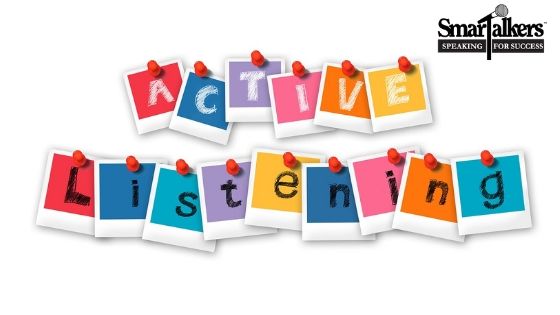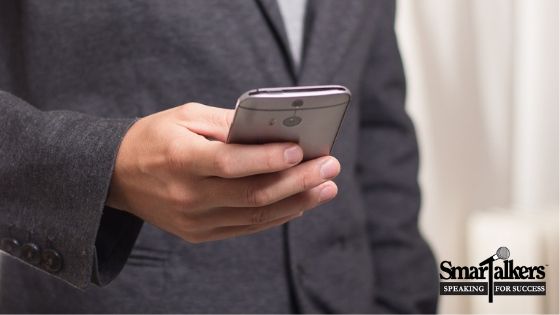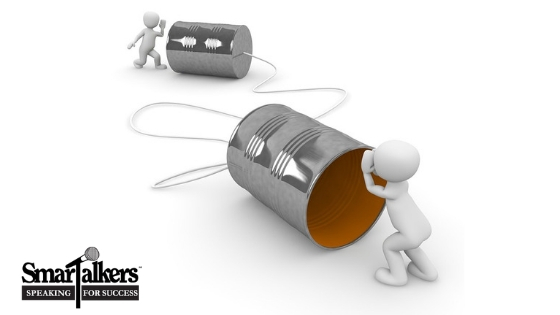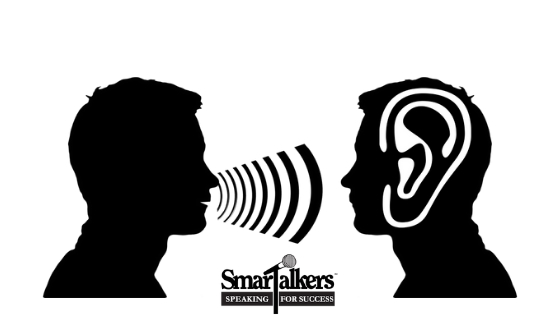
In a recent discussion with my husband he responded “I know what you said.” And my response was “But did you hear what I said?”
You may be saying; “What’s the difference between those two responses?” I invite you to think again! A listener can think they know what the speaker said but the only way to confirm is through paraphrasing back to the speaker. Paraphrasing or giving feedback is a critical skill in active listening. When paraphrasing is eliminated in a crucial conversation, it may mean the difference between a conversation that ends with conflict or one that ends with connection. It only takes a moment to initiate paraphrasing to ensure you’re making the communication connection and closing the communication loop.





